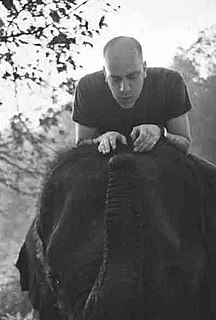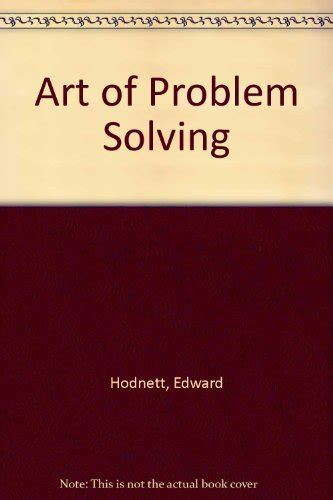A Quote by Francis Bacon
Half of science is putting forth the right questions.
Related Quotes
When people ask me what philosophy is, I say philosophy is what you do when
you don't know what the right questions are yet. Once you get the questions
right, then you go answer them, and that's typically not philosophy, that's
one science or another. Anywhere in life where you find that people aren't
quite sure what the right questions to ask are, what they're doing, then,
is philosophy.
When the wrong question is being asked, it usually turns out to be because the right question is too difficult. Scientists ask questions they can answer. That is, it is often the case that the operations of a science are not a consequence of the problematic of that science, but that the problematic is induced by the available means.
Properly speaking, global thinking is not possible... Look at one of those photographs of half the earth taken from outer space, and see if you recognize your neighborhood. The right local questions and answers will be the right global ones. The Amish question, what will this do to our community? tends toward the right answer for the world.
Science, at its core, is simply a method of practical logic that tests hypotheses against experience. Scientism, by contrast, is the worldview and value system that insists that the questions the scientific method can answer are the most important questions human beings can ask, and that the picture of the world yielded by science is a better approximation to reality than any other.










































